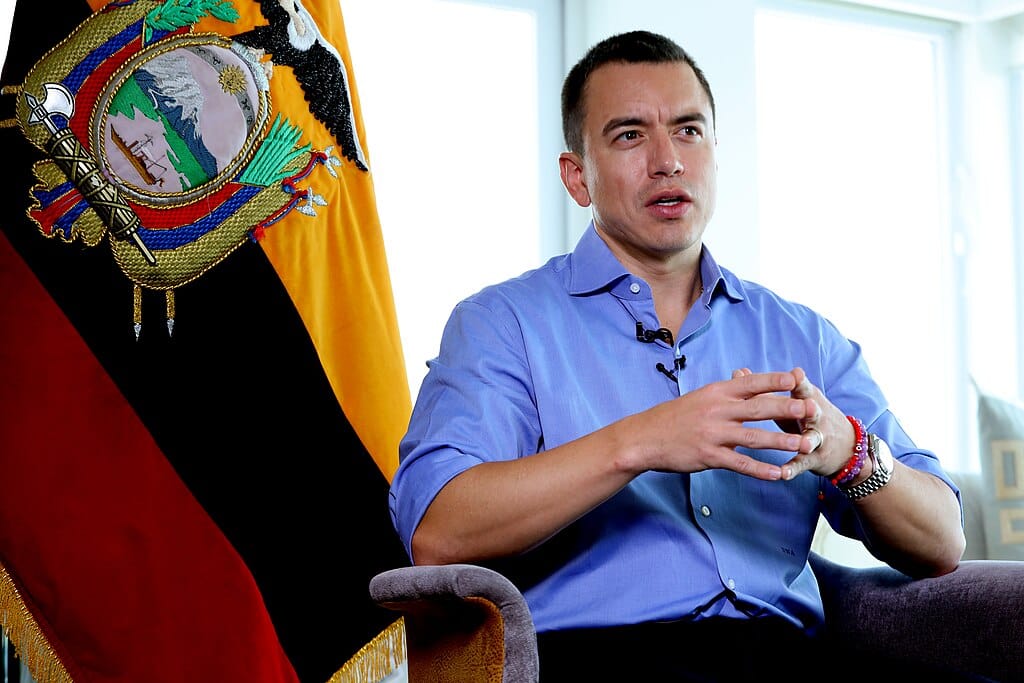Ecuador’s Call for International Military Help Against Drug Cartels: Crisis, Strategy, and Regional Implications

Introduction
Ecuador, once celebrated as an “island of peace” in the Andes, now finds itself at the epicenter of Latin America’s spiraling drug war. In the spring of 2025, President Daniel Noboa made a dramatic and unprecedented appeal: he called for the deployment of U.S., European, and Brazilian military forces to help Ecuador combat powerful drug cartels and transnational criminal networks. This move, coming amid record levels of violence and a rapidly deteriorating security environment, marks a watershed moment not only for Ecuador but for the entire region. Noboa’s request for international military assistance signals both the depth of Ecuador’s crisis and a new willingness to break with long-held traditions of sovereignty in the face of “narco-terrorism.”
This report examines the roots of Ecuador’s security collapse, the rationale and controversies behind Noboa’s call for foreign troops, the evolving nature of organized crime in the country, and the far-reaching implications for Latin America’s approach to transnational threats.




